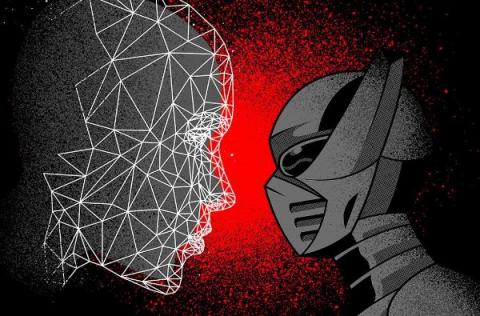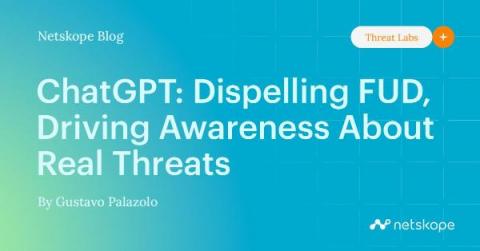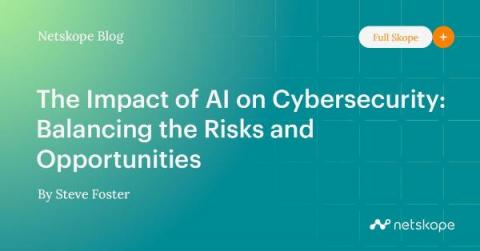What are the top 10 ways AI is revolutionizing fintech?
Artificial Intelligence (AI) is revolutionizing the financial services industry, known as fintech. From improving customer experience to reducing operational costs and mitigating risks, AI is having a significant impact on fintech. In this blog, we will explore the top 10 ways AI is being used in fintech.











